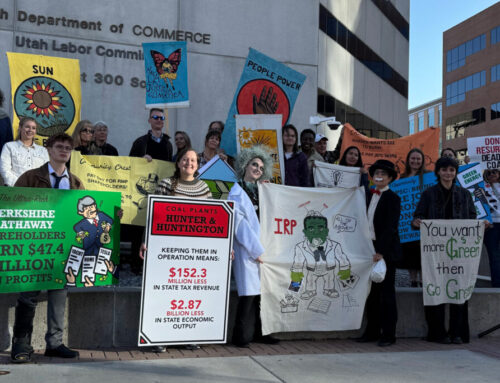FTSE 100 LIVE: Stocks slip as traders weigh up pivotal week for big tech after Apple and A
October 31, 2025
LIVE Updated 10 mins ago
The FTSE 100 (^FTSE) and European stocks slipped into the red on Friday as traders digest the latest big tech earnings across the pond. Last night there were upbeat quarterly results from Apple (AAPL) and Amazon (AMZN) that capped a pivotal week.
Amazon (AMZN) stock soared more than 13% in premarket trading after the tech megacap reported third-quarter results that easily topped Wall Street forecasts. Gains were led by cloud division Amazon Web Services, which posted a 20% revenue jump that signaled renewed strength in enterprise demand despite a recent global outage.
Meanwhile, Apple (AAPL) also impressed investors, with shares rising as much as 3% following stronger-than-expected earnings and upbeat guidance for the all-important December quarter.
Netflix (NFLX) was also in focus after unveiling plans for a 10-for-1 stock split, adding to the wave of positive sentiment across the sector.
It also came amid new data that UK house prices unexpectedly grew in October. According to figures by Nationwide Building Society, property values rose by 0.3% over the past month, a deceleration compared with a 0.5% rise in September.
However, this still came in better than analysts expected, who had forecast that prices would be flat.
Property prices are 2.4% higher compared with a year ago, and now stand at an average of £272,226, up slightly from September’s 2.2% growth.
“The mixed market mood from overseas weighed on the FTSE100 at the open, although the premier index remains close to record highs,” commented interactive investor’s Richard Hunter.
“WPP failed to find any friends with another share price decline following yesterday’s sharp sell-off, while Standard Chartered, HSBC and Burberry felt some pressure on the weak Chinese economic outlook.”
-
London’s benchmark index (^FTSE) was 0.3% lower in early trade
-
Germany’s DAX (^GDAXI) dipped 0.35% and the CAC (^FCHI) in Paris headed almost 0.1% into the red
-
The pan-European STOXX 600 (^STOXX) was down 0.2%
-
Wall Street is set for a positive start as S&P 500 futures (ES=F), Dow futures (YM=F) and Nasdaq futures (NQ=F) were all in the green.
-
The pound was 0.1% down against the US dollar (GBPUSD=X) at 1.3145
Follow along for live updates throughout the day:
LIVE 14 updates
Download the Yahoo Finance app, available for Apple and Android.
Terms and Privacy Policy
Search
RECENT PRESS RELEASES
Related Post



